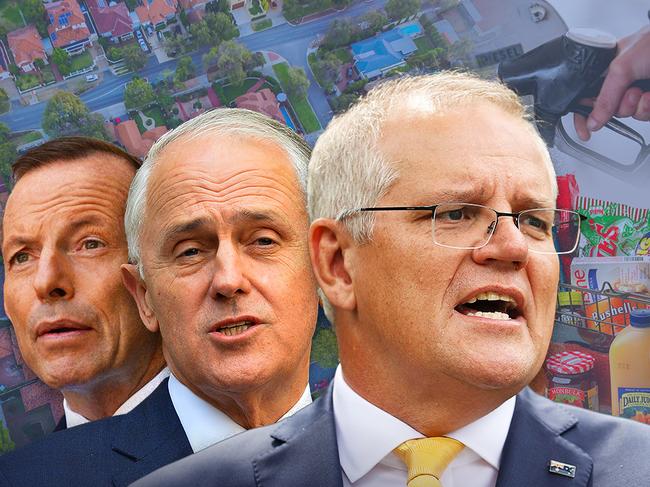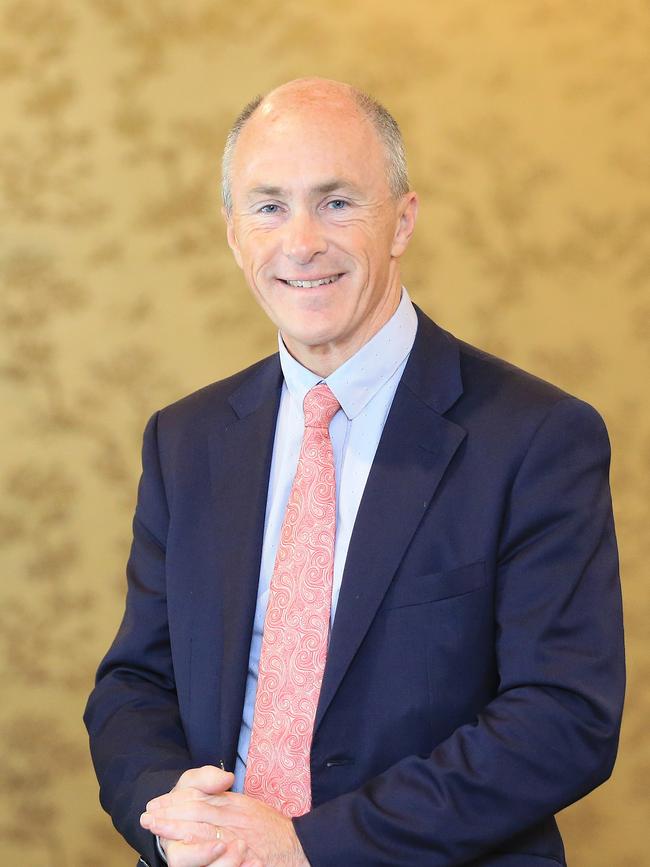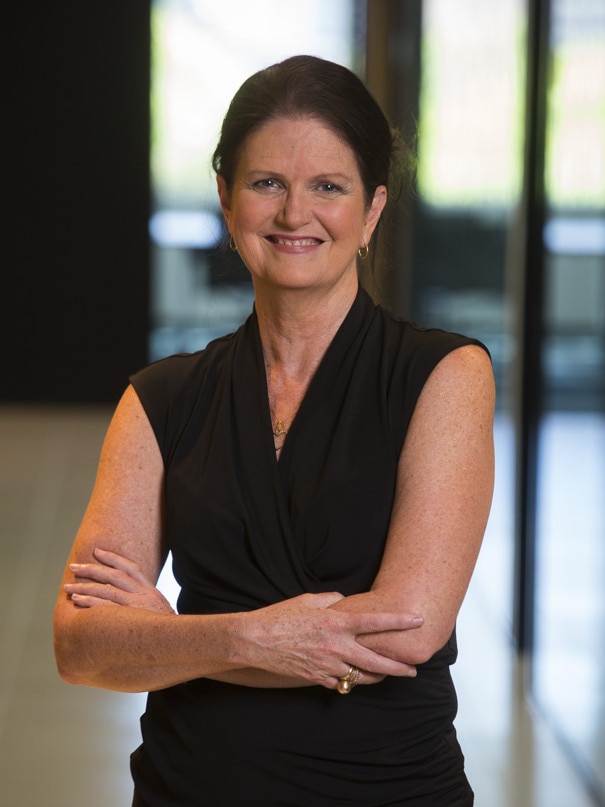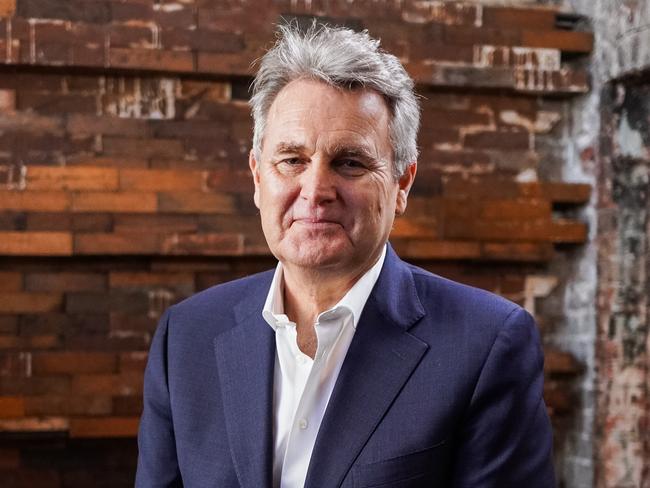Federal Election: How life has really changed under Coalition
We’re fatter, richer, more likely to have a job and live longer - but after nine years of the Coalition, more of are us in poverty. See how you’ve fared.
Federal Election
Don't miss out on the headlines from Federal Election. Followed categories will be added to My News.
Australians are wealthier, more likely to be employed, less likely to be victims of crime and living longer lives than they were when the Abbott government came to power on September 7, 2013.
Nine years on, we’re also paying more for groceries, fuel, insurance and visits to the doctor – and we’re waiting longer for surgery, too. More of us are living in poverty, more of us are obese, we’re much more concerned about China and climate change, and our international rankings for education and corruption have tumbled.

Australians could be forgiven for thinking the Abbott government of 2013 is completely different to the one headed by Scott Morrison in 2022, now seeking a fourth term in power. Besides two changes in prime minister since then, we’ve had three health ministers, five in charge of education and six heading defence. Should Mr Morrison return to power after May 21, just two other ministers from that first Abbott cabinet will be with him: Barnaby Joyce and Peter Dutton.
Rates of home ownership have fallen slightly over the past nine years, but the value of homes has boomed: the average Australian dwelling is worth 62 per cent more in 2022 than in 2013. In Sydney and Hobart the average value of homes has more than doubled.
CommSec chief economist Craig James said home ownership was “arguably in a similar position to 2013”.
“Rates are lower and more people are in jobs – so the entry levels into the housing market have improved,” he said.
“But the cost of housing is far higher and that affects the sort of property you can purchase as well as where it is located. It’s always a juggling act.”
The proportion of Australians living in poverty during the term of this government has increased – from 12.4 per cent in 2013 to 14 per cent now, according to the Australian Council of Social Service (ACOSS).
ACOSS chief executive Dr Cassandra Goldie said there were now three million Australians “making the unbearable choice between whether to put food on the table, get further behind in paying the bills or skip buying essential medicines”.


“The $25 per week increase to Jobseeker and other income supports last year only brought the payment up to $46 a day,” she said.
“At the same time, rent assistance is just $73 per week for a single person and hasn’t been increased in real terms in over 20 years.
“Rents have increased dramatically, including in regional Australia where they have risen by 18 per cent in just the last two years.”
Covid-19 ended the economic good times for Australia, with a record 28 years of sustained growth coming to an end in 2020.
“It was the most extraordinary run of prosperity in Australian, unmatched since the gold rush era,” demographer Bernard Salt said.

The years of economic growth “set us up with really high expectations of how we wanted to live and how we expected to live,” Mr Salt said. It also helped fuel “the globalisation of Australia,” a period in which we became much more integrated into the rest of the world, he said.
But things shifted dramatically about two to three years ago with the arrival of the pandemic, but also China’s increasing assertiveness.
Australian’s relationship to China has changed massively during the course of the Abbott/Turnbull/Morrison government.
In 2015 the government signed a free trade deal with Beijing, and was relaxed enough about the relationship to allow Port Darwin to be leased to Chinese interests for 99 years. In 2022 many (though not all) of Australia’s exports are subject to trade bans, and the signing of a security deal between China and the Solomon Islands has prompted talk of war.
The change in the relationship has shocked Australians deeply, Mr Salt said.
“I think we had assumed this was a mutually agreeable relationship and it could continue on its current trajectory for years into the future underpinning our prosperity, and we assumed the Americans would underpin our security. But it has been a quite a shock to Australia that all of a sudden we need to think of geopolitical issues that we chose not to think about for many years,” he said.
– Additional reporting by Julie Cross and Sue Dunlevy
More Coverage
Originally published as Federal Election: How life has really changed under Coalition





